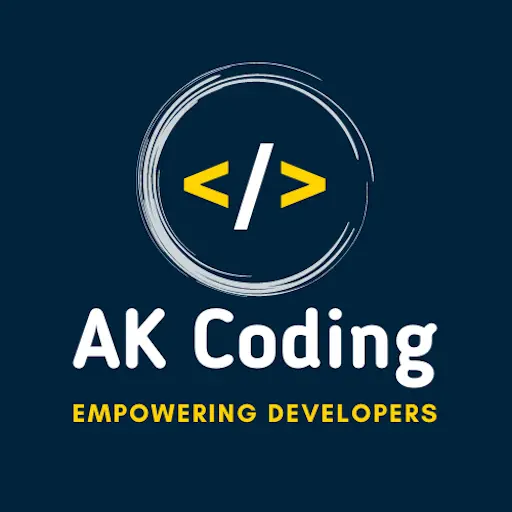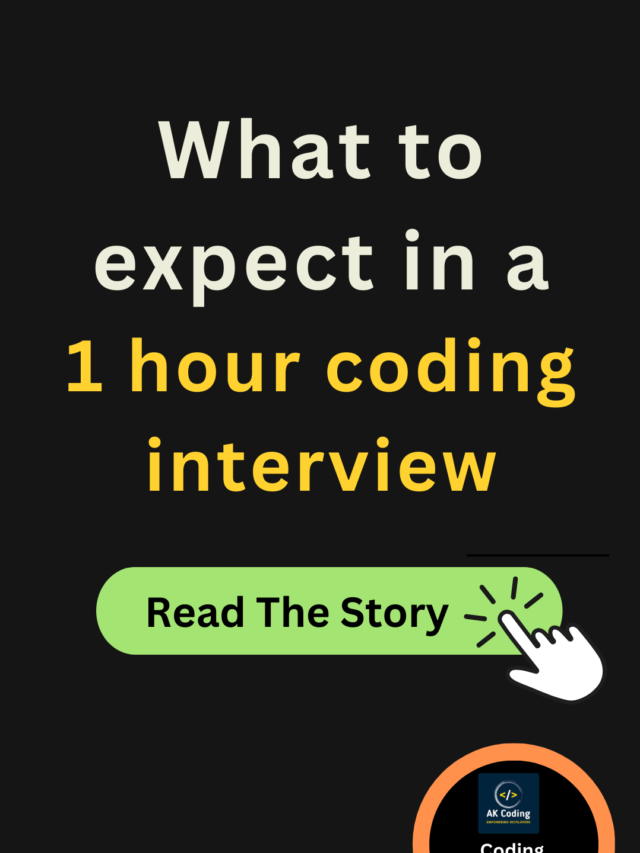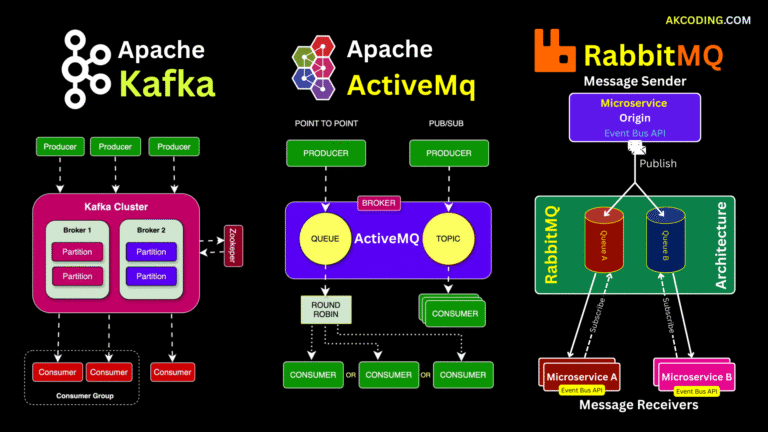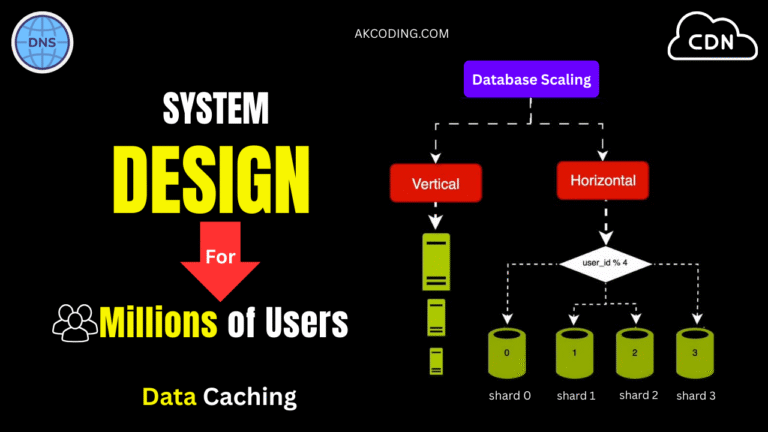A one-hour coding interview is a pivotal part of the hiring process for software engineering roles. It typically involves a series of technical questions, coding challenges, and discussions aimed at evaluating your problem-solving skills, coding proficiency, and ability to work under pressure. What to expect in a 1 hour coding interview? Here’s what you can expect during a one-hour coding interview, broken down into key stages:
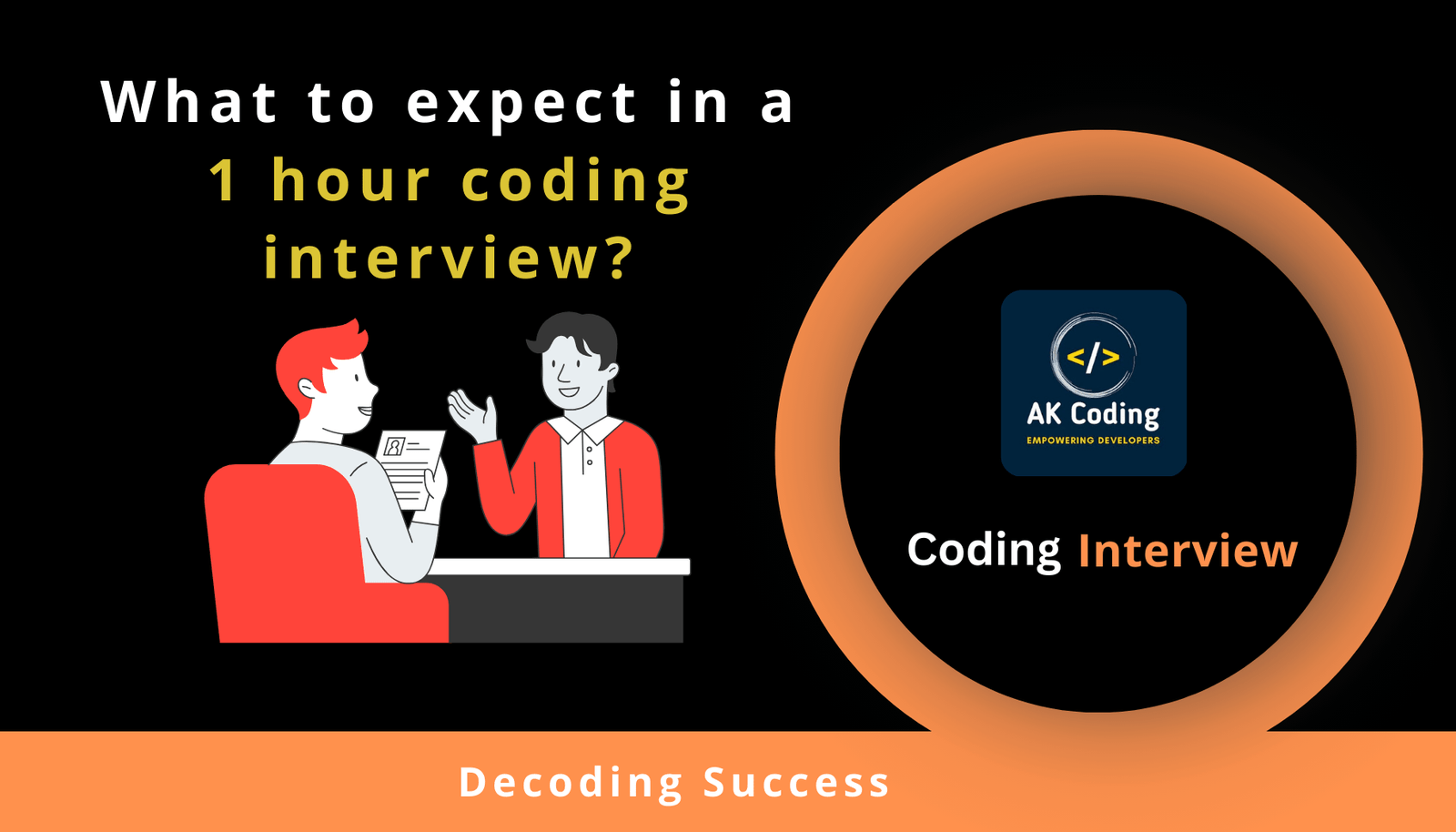
Table of Contents
1. Introduction and Warm-up (5-10 minutes)
The interviewer will start with a brief introduction, providing an overview of the interview structure and setting the tone for the session. They may introduce themselves, explain the purpose of the interview, and provide context about the company and the role.
To begin, you might be asked to introduce yourself, discussing your background, experience, and any relevant skills or projects. This serves as an icebreaker and helps the interviewer understand your qualifications and interests. It’s essential to convey confidence and enthusiasm while highlighting your relevant experiences and accomplishments.
2. Technical Questions (15-20 minutes)
The next stage typically involves a series of technical questions to assess your understanding of fundamental concepts in computer science and software engineering. These questions may cover a broad range of topics, including data structures, algorithms, programming languages, and system design principles.
Expect questions that test your knowledge of key data structures like arrays, linked lists, trees, graphs, and hash tables. You may also be asked about common algorithms such as sorting, searching, and dynamic programming. It’s essential to demonstrate a solid understanding of these concepts and be able to explain their use cases and complexities.
Additionally, the interviewer may inquire about your experience with specific programming languages, frameworks, or tools listed on your resume. They may ask about your familiarity with object-oriented programming, design patterns, and best practices for writing clean and maintainable code.
3. Coding Challenge (30-40 minutes):
One of the central components of the coding interview is the coding challenge, where you’ll be given a problem to solve within a limited time frame. The challenge may involve implementing a specific algorithm, solving a real-world scenario, or debugging and optimizing existing code.
You’ll typically write code in a shared coding environment or a platform like HackerRank or LeetCode. Focus on breaking down the problem into smaller, manageable tasks, and then implement your solution using the appropriate data structures and algorithms.
Communication is key during this stage. Talk through your thought process with the interviewer, explaining your approach, and discussing potential solutions. Be open to feedback and adapt your strategy as needed. Remember to write clean, well-structured code and consider edge cases and error handling.
4. Discussion and Follow-up (5-10 minutes):
Towards the end of the interview, there may be time for questions and discussions. The interviewer may ask you to explain your solution to the coding challenge, discuss its time and space complexity, and address any follow-up questions or concerns.
You’ll also have the opportunity to ask questions about the company, the team, or the role. Prepare thoughtful questions in advance to demonstrate your interest and engagement. Consider asking about the company culture, the team’s development process, or opportunities for growth and mentorship.
5. Conclusion and Next Steps (5 minutes)
The interview will conclude with a summary of key points discussed and any next steps in the hiring process. Take this opportunity to express your appreciation for the opportunity, reiterate your interest in the role, and inquire about the timeline for feedback or additional interviews.
Conclusion
In summary, a one-hour coding interview is a dynamic and fast-paced assessment of your technical skills, problem-solving abilities, and communication prowess. By preparing thoroughly, staying focused, and approaching each question and challenge methodically, you can make a strong impression and increase your chances of success in the interview process.
